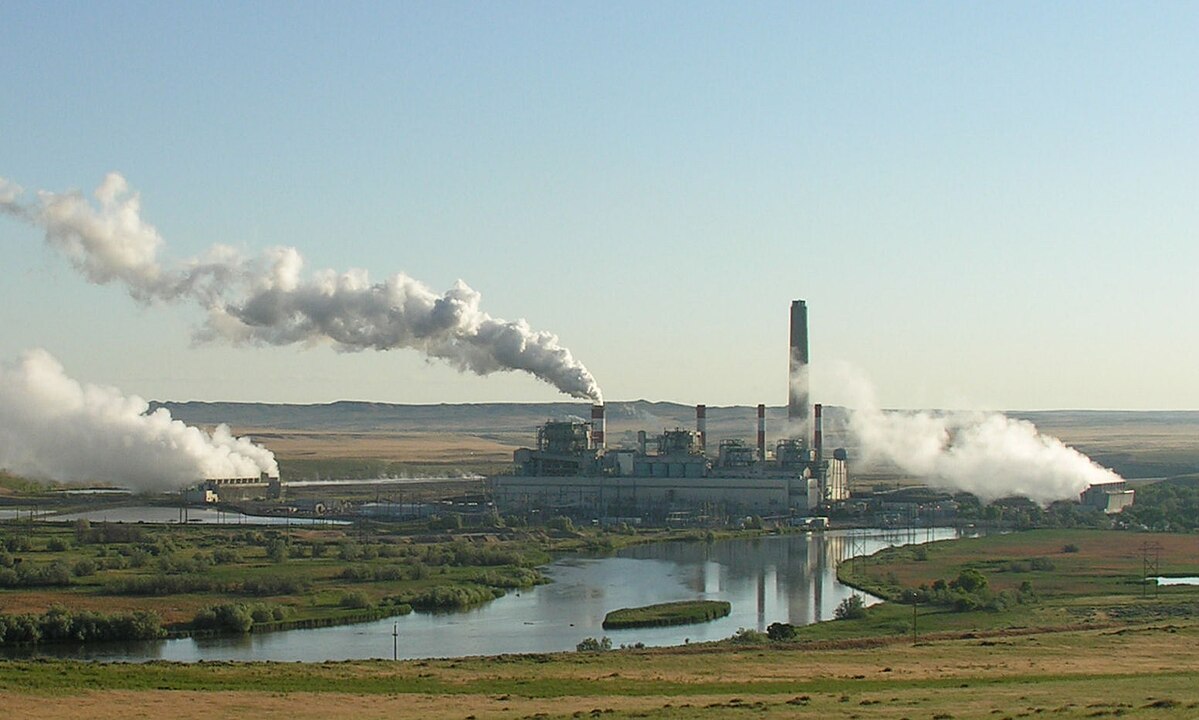
By Jeni Miller, Executive Director of the Global Climate and Health Alliance and Joe Vipond, Past President of the Canadian Association of Physicians for the Environment.
As the World Health Assembly in May draws near, the Powering Past Coal Alliance and two of its new health partners, the Global Climate and Health Alliance (GCHA) and the Canadian Association of Physicians for the Environment (CAPE), are calling on governments to phase out coal power generation to protect the health of their citizens.
In 2015 the World Health Assembly adopted a landmark resolution, recognizing air pollution as a risk factor for noncommunicable diseases such as heart disease, stroke, pulmonary disease, asthma and cancer, and recognising the economic toll these diseases take. According to the World Health Organization (WHO), air pollution is responsible for 7 million premature deaths per year. More recent estimates are higher – a 2021 study out of Harvard University found that in 2018, air pollution from burning fossil fuels including coal and oil was responsible for 8.7 million premature deaths,
That same year WHO’s 10 calls for climate action to assure sustained recovery from COVID-19 included the need to “guide a just and inclusive transition to renewable energy to save lives from air pollution, particularly from coal combustion.”
In 2023 for the first time, health issues will be discussed in depth at the UN climate negotiations, COP28 in UAE, with a convening of global health ministers to highlight the consequences of the climate crisis for human wellbeing.
“The extraordinary opportunity that coal phase out presents is the speed and extent of the health benefits it brings. When coal stops being burned, nearby communities see fewer asthma attacks in their children, less cardiovascular disease, and better birth outcomes, almost immediately. The load on health systems goes down. Everyone, in every country in the world, deserves to breathe clean air. With clean energy sources now available, it really is time to power past coal.”
Jeni Miller, Executive Director of the Global Climate and Health Alliance
“Phasing out coal fire power is a win-win for everyone. Saving lives and improving health today by decreasing air pollution, and dramatically reducing CO2 emissions to protect our and our children’s future climate. At a time with shocking smog coating cities in many parts of the world, and an increasingly urgent need to dramatically cut emissions, this policy can do both better than any other.“
Joe Vipond, Past President of the Canadian Association of Physicians for the Environment
Phasing out coal power generation offers cleaner air and improvements to people’s health, in the near term and locally
Reducing coal combustion in power plants and replacing that generation capacity with energy efficiency and clean energy sources will result in clearer air. Cleaner air carries multiple health benefits, including reduced incidences of respiratory and cardiovascular diseases for local communities.
Respiratory and cardiovascular conditions, exacerbated by the presence on nitrogen oxides (NOx), sulphur oxides (SOx) and particulate matter (PM2.5) from coal combustion, impact adults as well as children and their development. Exposure to the air pollution from coal extraction, processing and generation are experienced most acutely by coal workers and nearby communities, placing a disproportionate and unequal burden on these workers and communities.
Published last year, the PPCA’s Powering Past Coal report notes that an early phaseout of coal plants around the world could help avoid over 14.5 million premature deaths from air pollution over the next three decades alone, delivering an economic benefit of US$16.3 trillion.
In Europe, eliminating emissions from coal could avoid 18,200 premature deaths, about 8,500 new cases of chronic bronchitis, and over 4 million lost working days each year, according to the Health and Environment Alliance. This would save European healthcare systems €42.8 billion per year currently spent treating the health impacts of coal combustion. Phasing out coal in Poland, Romania and Germany could prevent half of the total coal-related health impacts experienced on the continent.
In India, 19,000 premature deaths could be avoided annually if proposed new coal power plants are not built.
Preventing the expansion of new coal plants and closing operating coal fired power plants will protect lives, health, and wellbeing, whilst reducing burdens on overstretched global healthcare systems. Meeting the dual crises of climate and health is urgent.
Key steps and policy recommendations
To mitigate the risks of climate-related health problems that come along with coal emissions, countries and jurisdictions can adopt a health-centred, zero-carbon response. Key policy recommendations could include:
- transition towards zero-carbon, climate-resilient economies, which can bring environmental, economic, and human health benefits;
- implement a carbon pricing system or other economic incentives that account for the true health costs of coal combustion and incentivize greater reliance on renewable energy sources;
- governments and organisations can also join the Powering Past Coal Alliance to collaborate with others committed to phasing out coal and building a healthier world for future generations.
GCHA and CAPE are partnering with PPCA because powering past coal will deliver powerful benefits for people’s health. With the world’s Ministers of Health gathering in Geneva for the World Health Assembly this month, we emphasise the detrimental impact of coal emissions on communities worldwide. Now, more than ever, let’s take the bold action to reap the health benefits that come alongside phasing out coal power.




